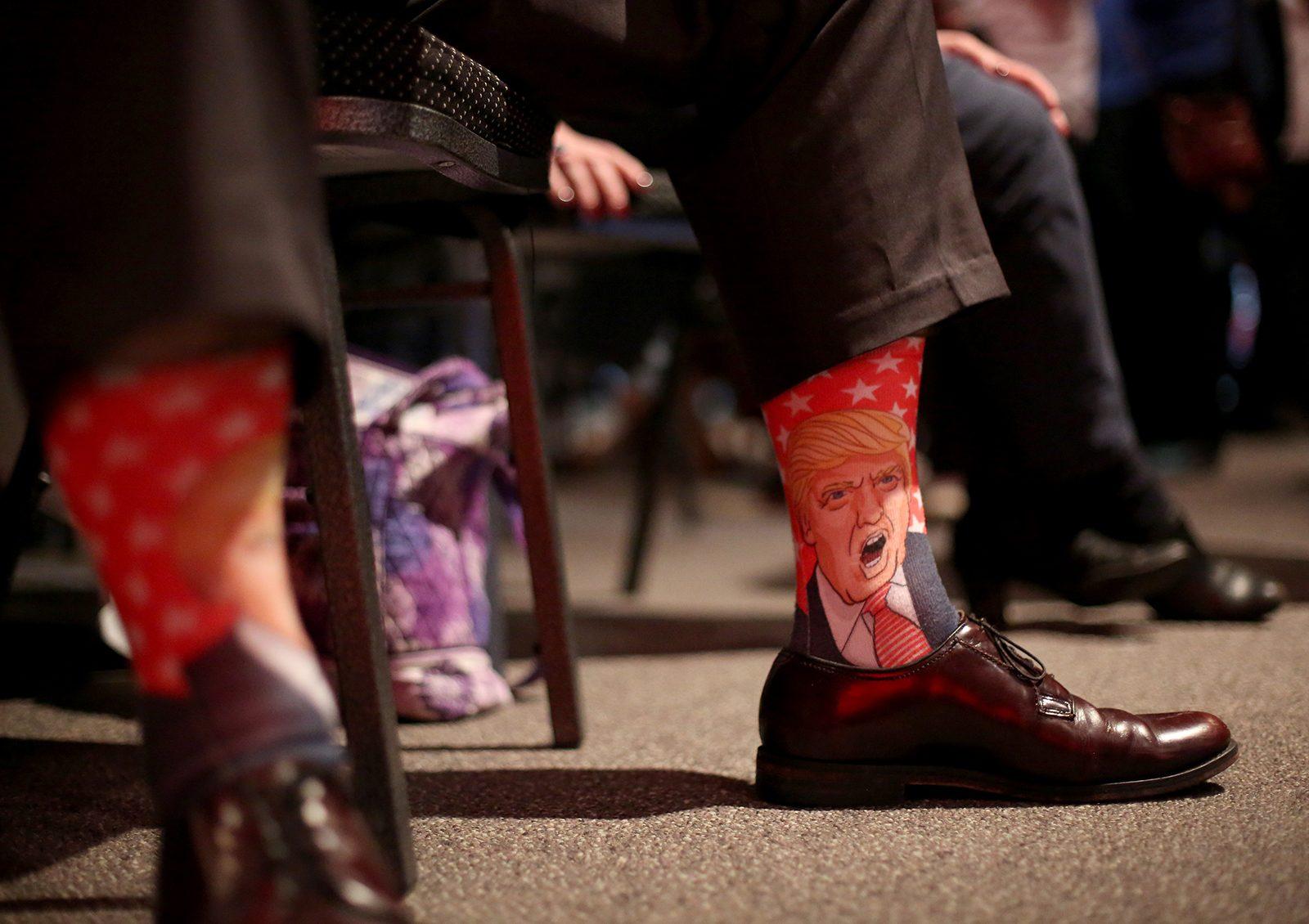Students studying science can excel at the Federal Bureau of Investigation, agents and science professionals told an audience of about 22 Massachusetts Institute of Technology students and visitors Tuesday.
FBI agent Mike McCall said the bureau has been at the forefront of exciting technological advancements.
‘They’re actually swabbing fingerprints for DNA,’ McCall said.
McCall has worked for the FBI for 13 years, 10 of which he has spent in evidence response, a team that he said resembles the popular television show CSI: Crime Scene Investigation. Agent Kara Spice, an environmental scientist, has been on the same squad for three years.
‘It is how it looks on TV,’ Spice said. ‘Anything you can imagine is in the laboratory.’
McCall said biologists, chemists, computer scientists and engineers have better chances than criminal justice majors at getting their applications moved to the ‘small stack.’
Spice said, though she is the only woman in her squad, it is often an advantage rather than a hindrance because people find her less threatening. In the 1970s, when women were first joining the FBI, men did not know how to treat their new colleagues, Spice said.
‘When [women] graduated from the academy, they gave them a purse for their gun,’ she said. ‘But in the generation I’m in, there’s no difference. It’s all about doing the job well.’
Spice plans to work for the FBI until retirement.
‘I’ve seen grown men crying, being pulled out the building because they don’t want to retire yet,’ she said. ‘In the end of the day, you’re stopping bad people from doing bad things.’
Boston University School of Medicine professor Catherine Grgicak said there are a variety of careers people can pursue outside of the FBI that will further justice. She worked at a private diagnostics laboratory that did work for the government before beginning at BU, she said.
‘You’re always trying to get science into the court room,’ she said. ‘You’re trying to get the truth out there. It is cool work.’
Grgicak said the most rewarding part of the job was the impact could have on people’s lives.
‘You get an innocent person out of prison, that, to me, is a big deal.’ Grgicak said.





















































































































A forensic scientist • Aug 3, 2010 at 2:20 pm
Oh, please. This is nonsense. “They’re actually swabbing fingerprints for DNA”? Forensic laboratories have been doing it for some time. Also Agent Spice’s comment, “It is how it looks on TV,” is rank silliness. The reality of crime scene work is that there ARE lots of wonderful technologies that are used but to breathlessly effuse that reality is like fiction is misleading even if it is in the name of recruiting. And, on that point, if they were recruiting, why weren’t they speaking at one of the 20 or so accredited forensic science programs? You don’t look for engineers at a law school.